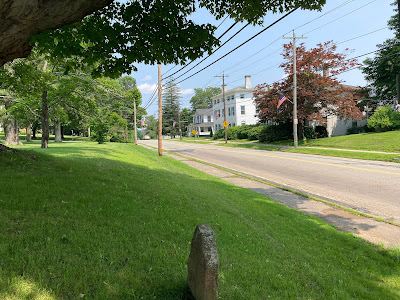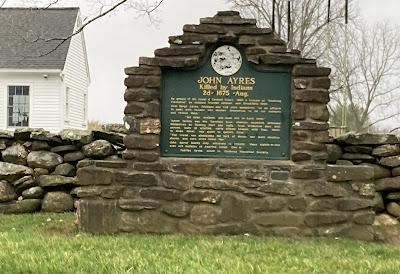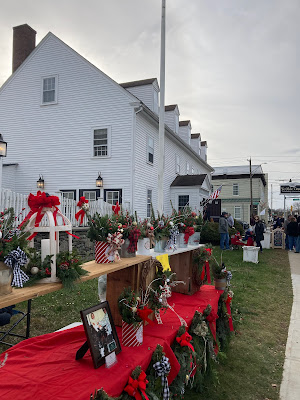Leicester, Massachusetts - "Great Care Is To Be Taken"

The lead element of the re-united Convention Army marched through Leicester, Massachusetts, on November 2, 1777. Massachusetts Militia Lieutenant Israel Bartlett, a guard with the British column, noted in his journal for that day: "... marched thro' Leicester and halted at Worcester, 14 miles from our last quarters." [1] More British prisoners passed through on November 3rd. The journal of an officer of the 47th Regiment of Foot notes they made a seventeen mile march from Brookfield to Worcester that day which would have taken them through Leicester, but makes no mention of that. [2] The Germans, who marched behind the British and stayed in town the night of November 3rd, were more descriptive: "Our march went via Spencer to Leicester today [November 3] and came 14 Engl. miles. The houses were close to each other and in part very beautiful; most of them were two stories high!" [3] As had been the case since Palmer, the road they took...



